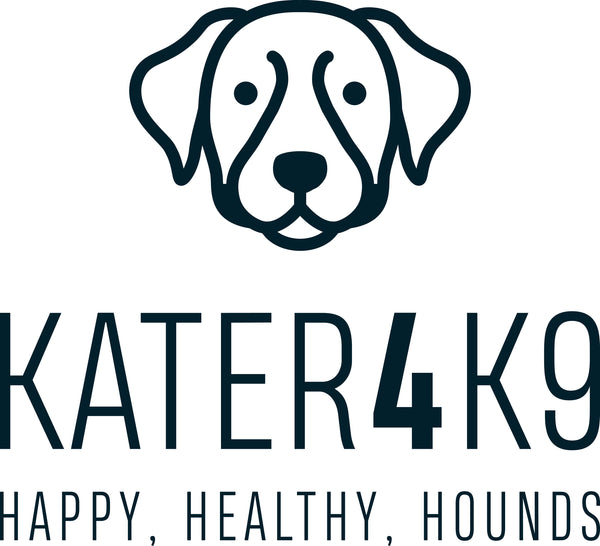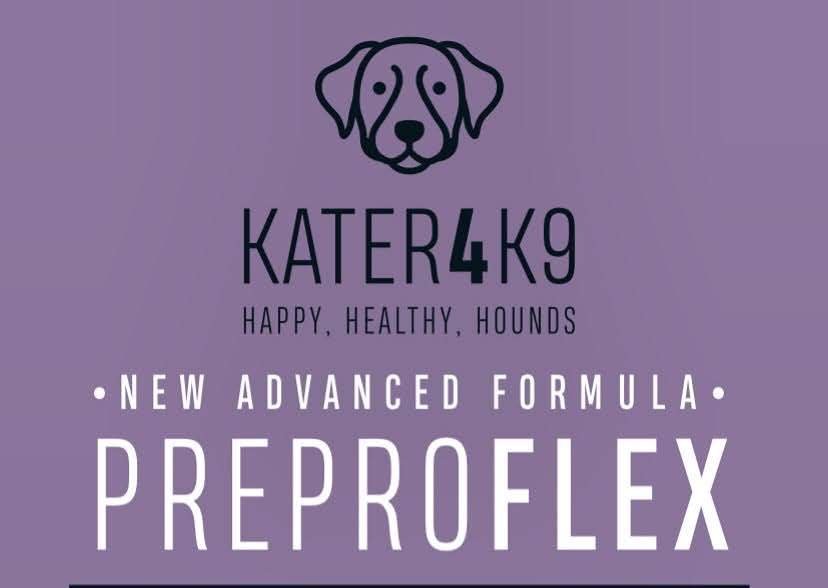There is a reason why we only use a Bacilli strain of probiotics in our PreproFlex, these are spore-forming and can form a hard coating that protects them from heat, stomach acids and most antibiotics, they can also colonise making it very hard for opportunistic bacteria like E. coli to take hold.
They help establish a conducive environment for other beneficial bacteria in the intestine by consuming oxygen and producing certain enzymes.. Supplementing the diet with Bacillus reduces the ammonia content and pH level of the stool, improves fecal consistency and aids digestion. Moreover, Bacillus promotes a shiny and healthy coat.
We steer away from Lactobacillus and Bifidobacterium probiotics as these are pretty fragile and for them to even have a hope of reaching to gut alive they need to be fed in huge quantities. They are typically transient and only last about 24 hours before they’re eliminated from the gut and they are very unlikely to colonise.
Admittedly a huge list of different species looks impressive but if they aren’t protected from heat, stomach acids and have a targeted release system then it could make little difference.
But a little difference, is a still a difference, so I’m not saying that they don’t have a positive role to play, but there is very limited veterinary research to try and support their inclusion.
What we do know is that the EFSA have a list of only 4 registered species for use specifically as gut flora stabilisers in dogs.
These are:-
Bacillus velezensis
2 strains of Enterococcus faecium
Lactobacillus acidophilus
However, a 2018 study found that giving Lactobacillus probiotics after antibiotic use caused a delay in the microbiome’s recovery.
So like every other supplement available for our four legged friends, make sure you’re well informed and that you aren’t swayed by marketing hype.

